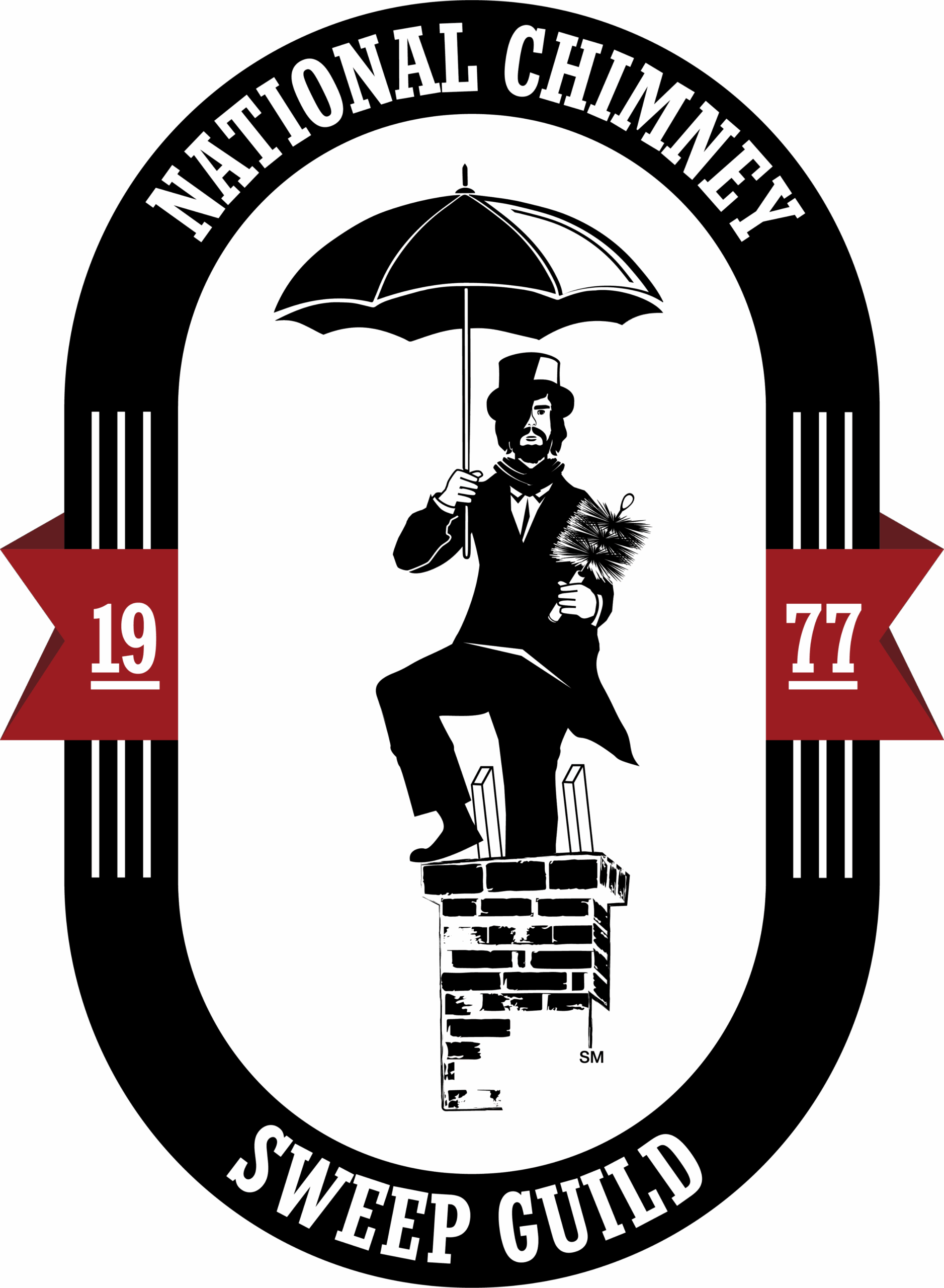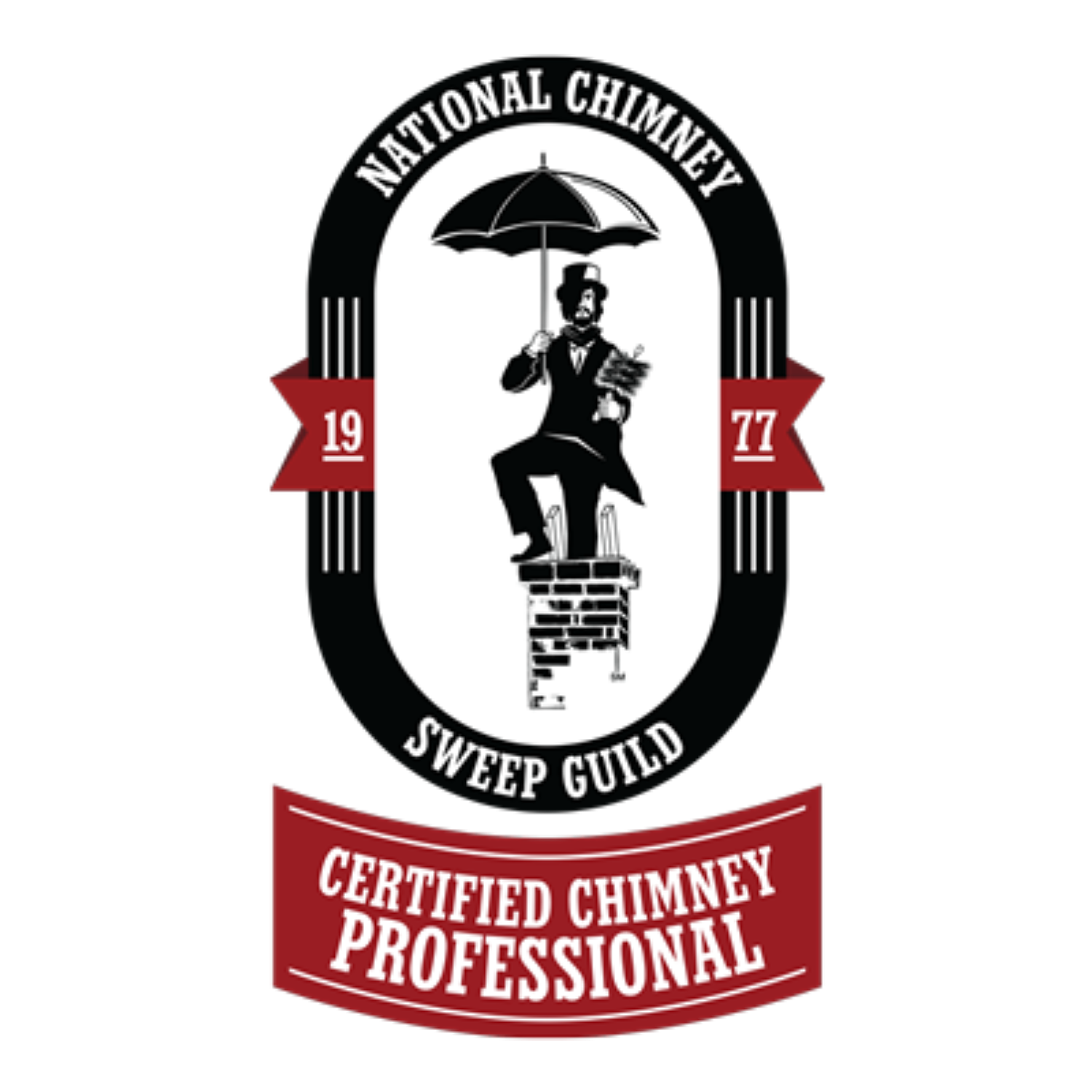How Dallas Winter Storms Can Damage Your Chimney
Dallas winter storms can inflict significant damage to chimneys through various factors. Ice accumulation and repeated freeze-thaw cycles create pressure, leading to cracks and spalling in masonry. Strong winds can dislodge chimney caps, while melting snow increases the risk of water intrusion through existing cracks, further compromising the chimney’s structure. The accumulated weight from ice and snow can lead to leaning or potential collapse. Regular maintenance and inspections are crucial to identify vulnerabilities early. Understanding these risks can help homeowners protect their chimneys more effectively and ensure safe operation in the long run.
Key Takeaways
- Ice and snow accumulation can lead to significant damage, causing deterioration of brickwork and mortar joints in chimneys.
- Freeze-thaw cycles create pressure from expanding water, resulting in cracks and spalling that compromise chimney stability.
- Strong winds can dislodge chimney caps and flashing, increasing the risk of structural failure, especially in older chimneys.
- Water intrusion from melting snow can deteriorate chimney liners, leading to safety and efficiency issues if not promptly addressed.
- Long-term neglect of repairs can result in costly renovations or complete chimney replacements due to structural concerns from harsh winter conditions.
Impact of Ice and Snow
The accumulation of ice and snow during Dallas winter storms can have a profound impact on chimney structures, leading to significant damage. As water seeps into cracks and crevices of a chimney, it can freeze and expand, exacerbating any existing vulnerabilities. This process can result in the deterioration of brickwork, mortar joints, and even the chimney flue, creating safety hazards and potentially costly repairs.
To mitigate the risk of Dallas winter storm chimney damage, homeowners should prioritize winter chimney maintenance. Regular inspections and cleanings can identify issues before they escalate, ensuring the chimney remains in optimal condition. A well-maintained chimney is less susceptible to damage from the elements, including ice and snow accumulation.
In the event of damage, prompt chimney repair in Dallas is crucial. Ignoring the signs of wear can lead to more extensive damage, requiring more invasive and expensive repairs.
Freeze-Thaw Cycle Effects
During winter storms in Dallas, the freeze-thaw cycle poses significant risks to chimney integrity. This cycle occurs when temperatures fluctuate above and below freezing, causing moisture to penetrate the chimney’s masonry. As temperatures drop, this moisture freezes and expands, exerting pressure on the surrounding materials. When temperatures rise, the ice melts, allowing water to seep deeper into the structure. This repeated process can lead to cracks and spalling in the brick or stone, which eventually compromises the chimney’s stability.
Moreover, the freeze-thaw cycle can exacerbate existing weaknesses in the chimney’s construction. For instance, mortar joints that may have already begun to deteriorate can suffer further damage. Over time, this can result in significant structural issues, including the potential for chimney collapse.
To mitigate these risks, homeowners should consider regular inspections and maintenance of their chimneys, particularly before the winter season. Identifying and repairing minor issues before they escalate can enhance the durability of the chimney against the adverse effects of the freeze-thaw cycle.
Proper waterproofing and sealing can also help protect the masonry from moisture infiltration, ultimately preserving the chimney’s structural integrity.
Wind Damage Risks
Chimneys are particularly vulnerable to the destructive forces of wind, which can exacerbate existing weaknesses and lead to significant damage. During Dallas winter storms, strong gusts can dislodge chimney caps, flashing, and even the entire structure if not properly secured.
This risk is heightened in older chimneys that may have already suffered from wear and tear, making them less resilient to harsh weather conditions. Wind can also cause debris to accumulate around the chimney, creating additional pressure and potential structural failures.
Loose bricks or mortar can be further compromised under these circumstances, risking complete collapse. Furthermore, the turbulence created by wind can lead to an increase in air pressure within the chimney flue, potentially causing backdrafts that affect the efficiency of heating appliances.
Homeowners should conduct regular inspections to identify any signs of wear, such as cracks or loose components, especially before the onset of winter weather.
Reinforcing the chimney with proper construction techniques and using high-quality materials can mitigate the risks associated with wind damage. Taking proactive measures can help ensure the chimney remains functional and safe throughout the winter months.
Water Intrusion Problems
Winter storms in Dallas not only pose risks from strong winds but also create significant challenges related to water intrusion. The combination of melting snow, ice, and heavy rainfall can lead to water infiltrating the chimney system, causing a variety of issues. One of the primary entry points for water is through cracks or gaps in the chimney crown, flashing, or masonry.
When these components are compromised, water can seep into the chimney structure, leading to deterioration of materials over time.
Additionally, water intrusion can significantly impact the chimney liner, which is designed to protect the chimney from heat and corrosive byproducts of combustion. Exposure to moisture can lead to rust and degradation of metal liners, while masonry liners can absorb water, leading to spalling and further structural weakness.
It is essential for homeowners to conduct regular inspections, especially following winter storms, to identify any signs of water intrusion. Prompt remediation of leaks and repairs to the chimney structure can help prevent more extensive damage and ensure the safe and efficient operation of the fireplace or heating system.
Taking proactive measures can mitigate the adverse effects of water intrusion and preserve the integrity of the chimney.
Long-term Structural Concerns
Exposed to the harsh conditions of winter storms, chimneys in Dallas can suffer from long-term structural concerns that may not be immediately apparent.
The freeze-thaw cycles experienced during these storms can lead to cracks in the masonry and flue, which compromise the chimney’s integrity over time. Water that infiltrates these cracks can freeze, expanding and causing further damage, exacerbating the deterioration of the structure.
Additionally, the accumulation of ice and snow can place excessive weight on the chimney, leading to potential leaning or collapsing issues. This structural strain can affect the alignment of the flue, increasing the risk of dangerous gas leaks and chimney fires.
Inadequate repairs or neglecting these issues can result in costly renovations or even complete replacements of the chimney.
Homeowners should regularly inspect their chimneys after winter storms and consult with professionals to address any signs of distress early. Proactive maintenance is essential to ensure the long-term stability and safety of chimney structures, safeguarding both the home and its occupants from the hidden dangers posed by severe weather conditions.










